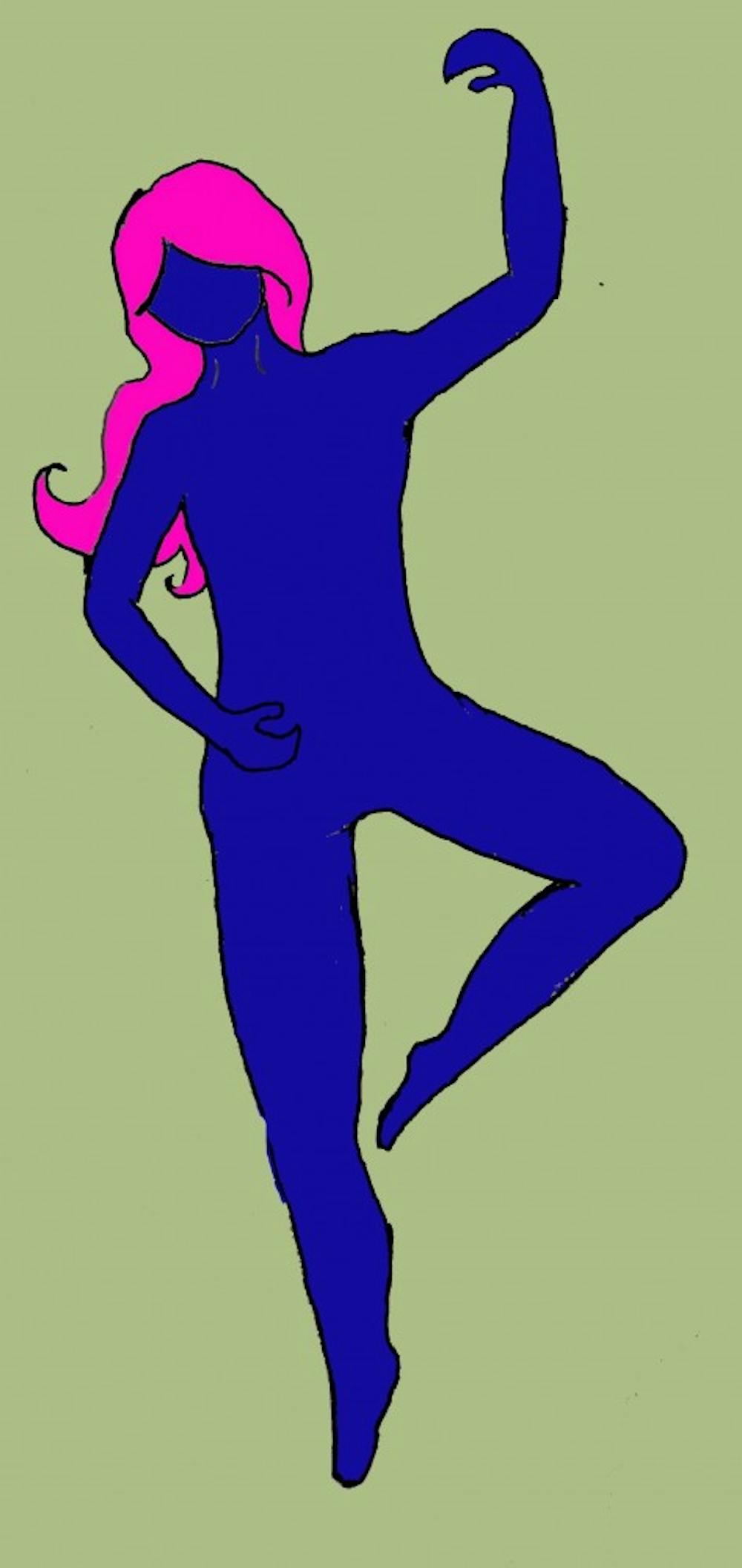I wish I could express to you how bad I am at dancing. I recently bragged to a friend of mine that someone had flatteringly told me that I “had moves.” He was stunned. “That’s a lie,” he said.
A lie, albeit a well-intentioned one. And it stroked my bruised ego. For the last 10 years or so, I’ve been in and out of various dance classes, from tap and jazz in elementary school to Israeli folk dancing in summer camp. I love dancing: It’s invigorating, exciting, and fun. I do it when nobody’s watching. But I suck.
When I spent the summer of 2017 in Tajikistan, I spent a minimum of six hours a week in grueling dance classes. But it seemed as if no matter how hard I tried, I was still terrible. I couldn’t help but compare myself to everyone around me. The instructors didn’t regularly correct them.
But there was still nothing I wanted more than to be good at dance. So when December 2017 rolled around, I made a resolution to learn to ballroom dance in 2018. I didn’t think that it would be possible, but I was ready to give it a shot.
I wandered into the beginners’ tango class at the beginning of the semester. And the first five or six classes were stressful: I was struggling with the footwork, and I felt like a klutz with every partner I danced with. I cried in class several times because I was so deeply embarrassed.
Ten months later, however, I glide across the dance floor with relative ease — and, more importantly, confidence. I am still not the best dancer in the room. In fact, I’m still pretty mediocre. So what’s changed? How come I love tango so much — and how come I’ve excelled in it, in a manner of speaking?
Tim Wu, a professor at Columbia Law School, describes something like the change I underwent in his recent piece for The New York Times, “In Praise of Mediocrity.” “There is also a real and pure joy, a sweet, childlike delight, that comes from just learning and trying to get better,” he writes. “Looking back, you will find that the best years of, say, scuba-diving or doing carpentry were those you spent on the learning curve, when there was exaltation in the mere act of doing.”
And that’s just it. After five terrible weeks of class, I realized that I didn’t have to be the best in the class. I wasn’t dancing competitively, and I didn’t have to prove anything to anyone. I was in class because I liked learning to dance — and then dancing. And that’s it.

Wu makes the argument that in today’s world we’ve become ever more fearful of pursuing hobbies because we’re afraid of failure — or rather, we’re afraid of not being the best. This is especially true at a place like Princeton, where we’ve become accustomed to being the best. Sure, a lot of us have hobbies — singing, soccer, archery, and, of course, dance — but they are so often competitive or performed for the sake of excellence. It’s fairly rare that I see someone doing something just “for the sake of doing” — just because they love doing it, and not because they want to necessarily excel at it.
I go to tango because I love dancing. I love learning how to become a better dancer — but I have no aspiration to compete. I love the experience of moving across the dance floor with my partner — but I don’t really care if the people around me see. The fact is that, even after many hours of dance class, I’m still not a particularly good dancer. And I’m okay with that.
Leora Eisenberg is a junior from Eagan, Minn. She can be reached at leorae@princeton.edu.









